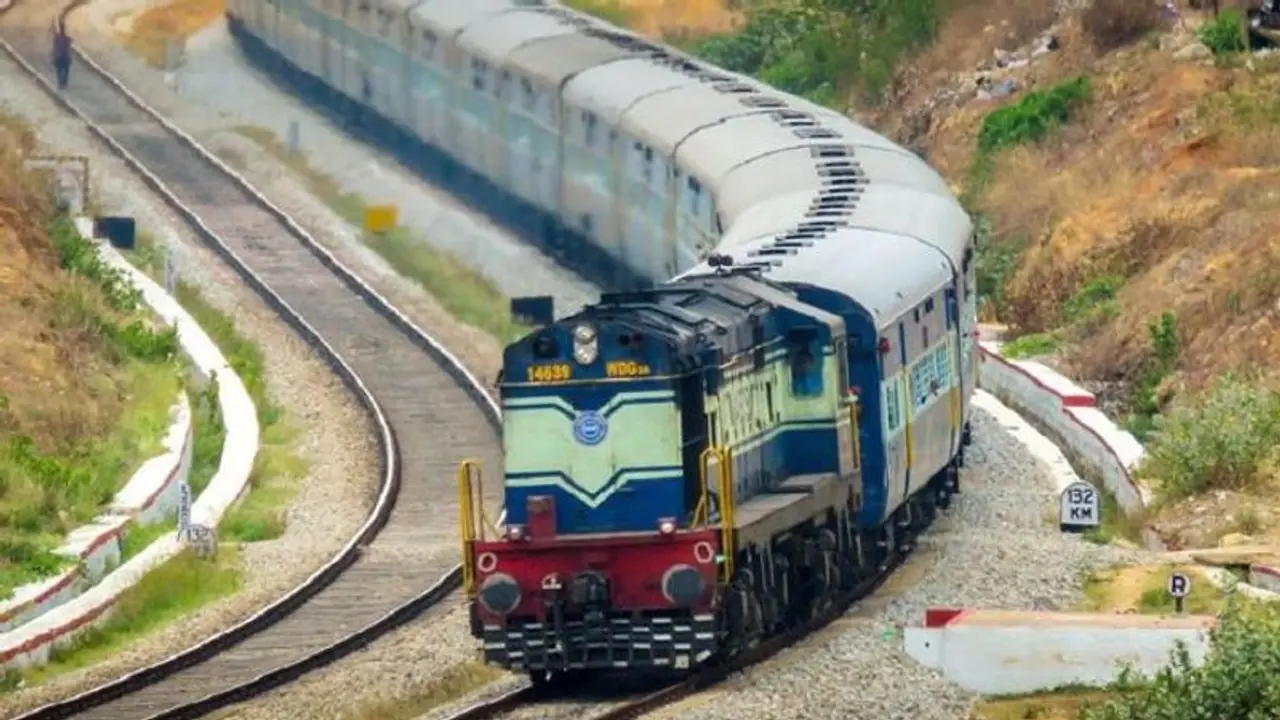In a first-of-its-kind, the Palakkad Railway Division has allowed the public to have photoshoots using the railway properties like stations, trains and even bogies. A licence fee of Rs 5,000 will be charged for wedding photography and commercial purposes, Rs 2,500 for academic use and Rs 3,500 for personal use.
Palakkad: The Palakkad Railway Division has now made its properties, including railway stations, trains, and even bogies, available to people who like to have a photo session, in what is being hailed as a first of its type in Kerala.

Also read: Kerala govt to form 'grievance redressal cells' to prevent suicide cases in universities
Still photography for weddings and other commercial purposes requires a licence fee of Rs 5,000 per day. The licence charge is Rs 2,500 if it is for academic use and Rs 3,500 if it is for personal use.
For still photography for commercial purposes in a train, whether it is stationary or moving, a licence charge of Rs 1,500 per day will be collected. The licence charge is Rs 1,000 per day for personal use and Rs 750 for academic use.
The total amount will be collected if the request includes both still photos at the train station and inside the vehicle. Seven days before the scheduled date of the still photography, applications must be delivered to the divisional railway manager. Still photography is not permitted at the railway workshop, the coaching depot, the coaching yard, or the goods yard. No photography is allowed when a train is moving, either on the footboard or the rooftop, or when the locomotives are in motion.
The sole subjects for the still photos will be trains and railway property. Applicants must adhere to all applicable safety and security laws. When on railway property or within a train, those with permission should carry the required travel documents or station tickets. Officials from the railway must be present to oversee the photography.
Also read: Centre will impose AI regulations to protect 'digital citizens': Rajeev Chandrasekhar
